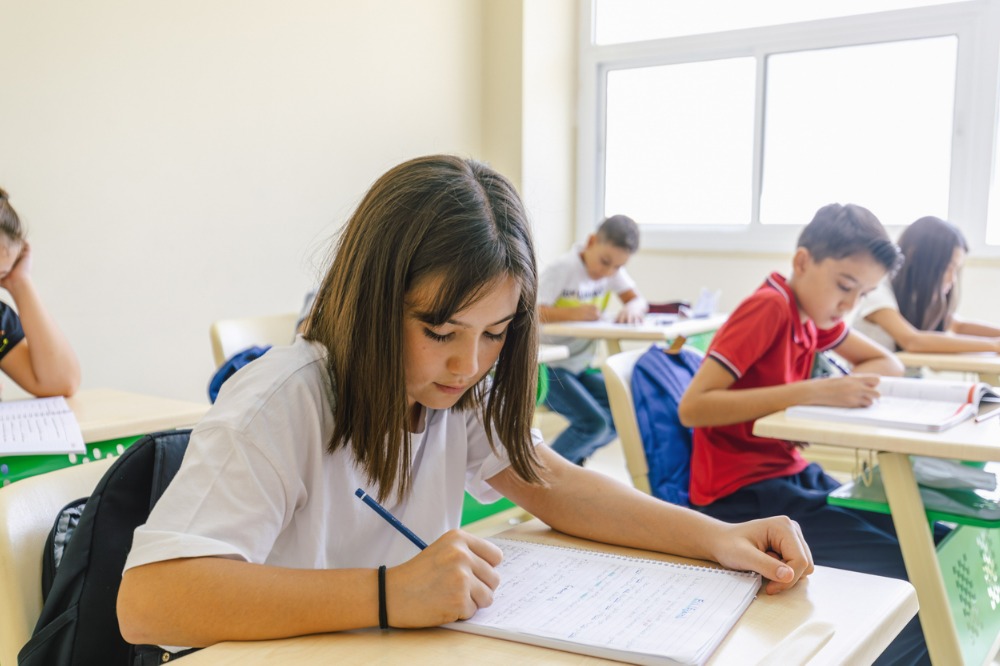
A groundbreaking study in South Australia is set to transform primary education by teaching students self-regulated learning skills.
Involving 4,000 students from 57 primary schools, the five-year collaboration between the SA Department for Education and the University of South Australia will introduce techniques that enable children to manage their learning through goal setting, progress monitoring, and adaptive strategies.
Early results from European trials indicate significant improvements in academic performance and impulse control. This initiative aims to equip students with lifelong skills, fostering resilience and adaptability in their educational journeys.
“Self-Regulated Learning teaches students to take control of their learning by setting goals, planning, monitoring, evaluating, and adjusting your strategies,” Chief investigator, UniSA’s Professor Sally Brinkman, said.
“It embraces goal setting, scaffolding problems into smaller achievable tasks, and learning how to identify gaps in their knowledge or where they need more practice. It also recognises student effort, builds self-belief, and helps students learn how to manage problems and when to ask for help.”
However, Professor Brinkman noted that self-regulated learning isn’t something that has traditionally been taught at school.
“Given the success of this style of learning overseas, we’re keen to see how it could work in Australia, which is exactly the focus of our study,” she said. “We have high hopes that a self-regulated learning approach will have a positive impact for all students, supporting them in their learning journey throughout life.”
Participating teachers have already received training in Term 1 this year, with participating students receiving age-specific methods of self-regulated learning lessons in Term 2. Researchers will then measure student outcomes against those in a control group who have not received self-regulated learning lessons.
‘A unique opportunity’
Department for Education Chief Executive Professor Martin Westwell says the project presents “a unique opportunity” for high quality science to inform teachers, schools and education systems in South Australia.
“The teaching of self-regulated learning skills as early as possible in primary school offers a significant opportunity to shift the learning and developmental trajectory for significant numbers of children,” Professor Westwell said.
“In the European trial, students who received instruction in self-regulated learning demonstrated significant enhancements in both their self-regulated learning skills and impulse control – and consequently their academic performance improved significantly.”
Professor Westwell said providing this assistance to all children, regardless of their background, is “ultimately an issue of equity.”
“Learning how to be a successful learner at school is an indicator of future success later in life. We want to ensure that every South Australian children has the opportunity to succeed.”


